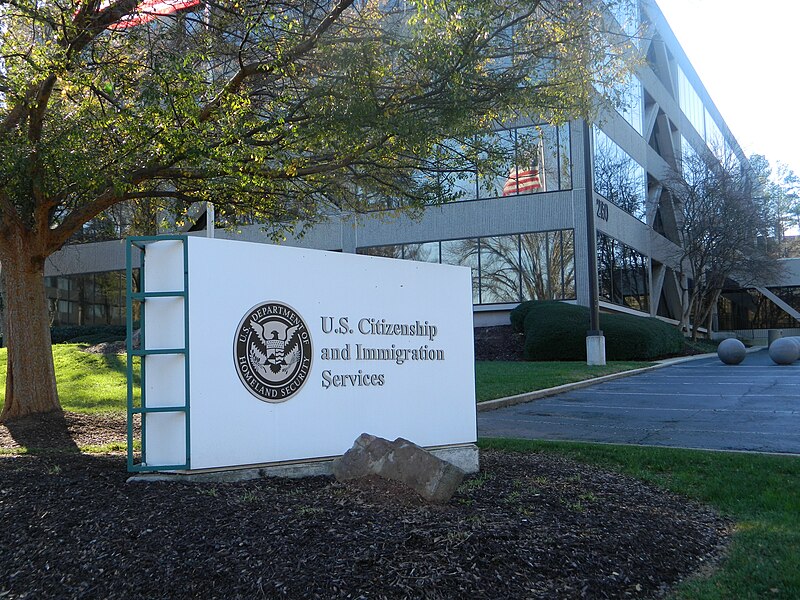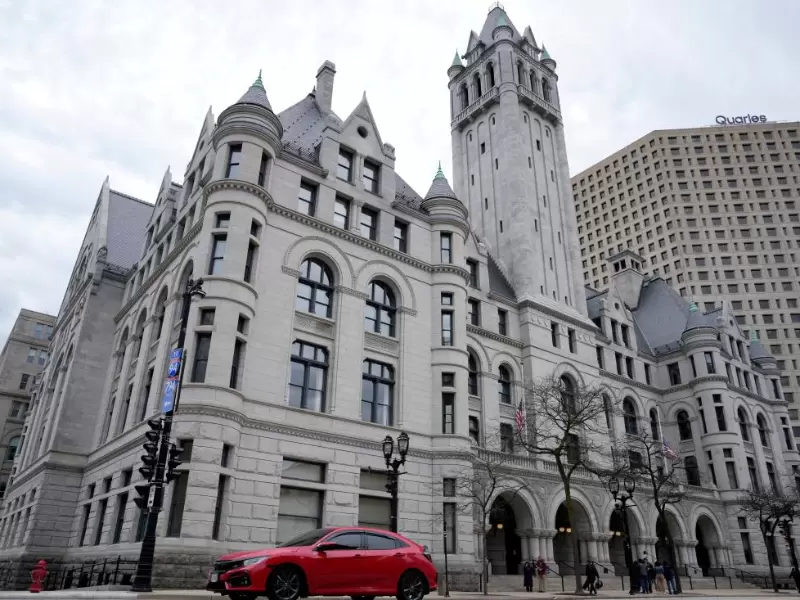USCIS updates immigration fees ahead of FY 2026
The revised fees take effect on Jan. 1, 2026. Applications postmarked on or after that date must include the updated amount.
 Representative Image / Wikipedia
Representative Image / Wikipedia
The U.S. Citizenship and Immigration Services (USCIS) on Nov. 20 announced an inflation-based increase in several immigration-related fees for fiscal year (FY) 2026.
The revised fees take effect on Jan. 1, 2026. Applications postmarked on or after that date must include the updated amount.
Also Read: U.S. launches new website to curb student-visa fraud
Under the update, the annual asylum application fee—currently stayed under a court order—will increase from $100 to $102. Fees for Form I-765 Employment Authorization Documents (EADs) for initial applications filed by asylum applicants, parole applicants and Temporary Protected Status (TPS) applicants will rise from $550 to $560.
Renewal or extension EAD fees for parole and TPS applicants will increase from $275 to $280.
The fee for Form I-131, Part 9, covering EADs requested with a new period of parole, will rise from $275 to $280. The Form I-821 TPS application fee will increase from $500 to $510.
Several fees remain unchanged, including the $100 I-589 initial asylum application fee, the $275 renewal or extension EAD fee for asylum applicants, and the $250 fee for Form I-360 petitions filed by Special Immigrant Juveniles.
USCIS said DHS will issue a separate Federal Register notice with details of the inflation adjustment for the immigration parole fee.
The fee update comes as part of broader immigration policy changes set in motion by H.R. 1, signed into law in July 2025. The law requires DHS to adjust specified immigration fees annually based on the Consumer Price Index for All Urban Consumers.
For FY 2026, the increases correspond to an inflation rise of roughly 2.7 percent recorded between July 2024 and July 2025.
According to a Federal Register notice the adjustments reflect inflation measured between July 2024 and July 2025 and apply to a set of fees established under H.R. 1. USCIS said the Department of Homeland Security will revise these fees annually “beginning in FY 2026, and continuing for each subsequent fiscal year,” as mandated by the law.
Immigration practitioners note that applicants filing on or after Jan. 1, 2026 must verify the correct fee amount, as submissions with outdated fees may face delays or rejection.
ADVERTISEMENT
ADVERTISEMENT
E Paper
Video




 Malvika Choudhary
Malvika Choudhary.jpg)












Comments
Start the conversation
Become a member of New India Abroad to start commenting.
Sign Up Now
Already have an account? Login